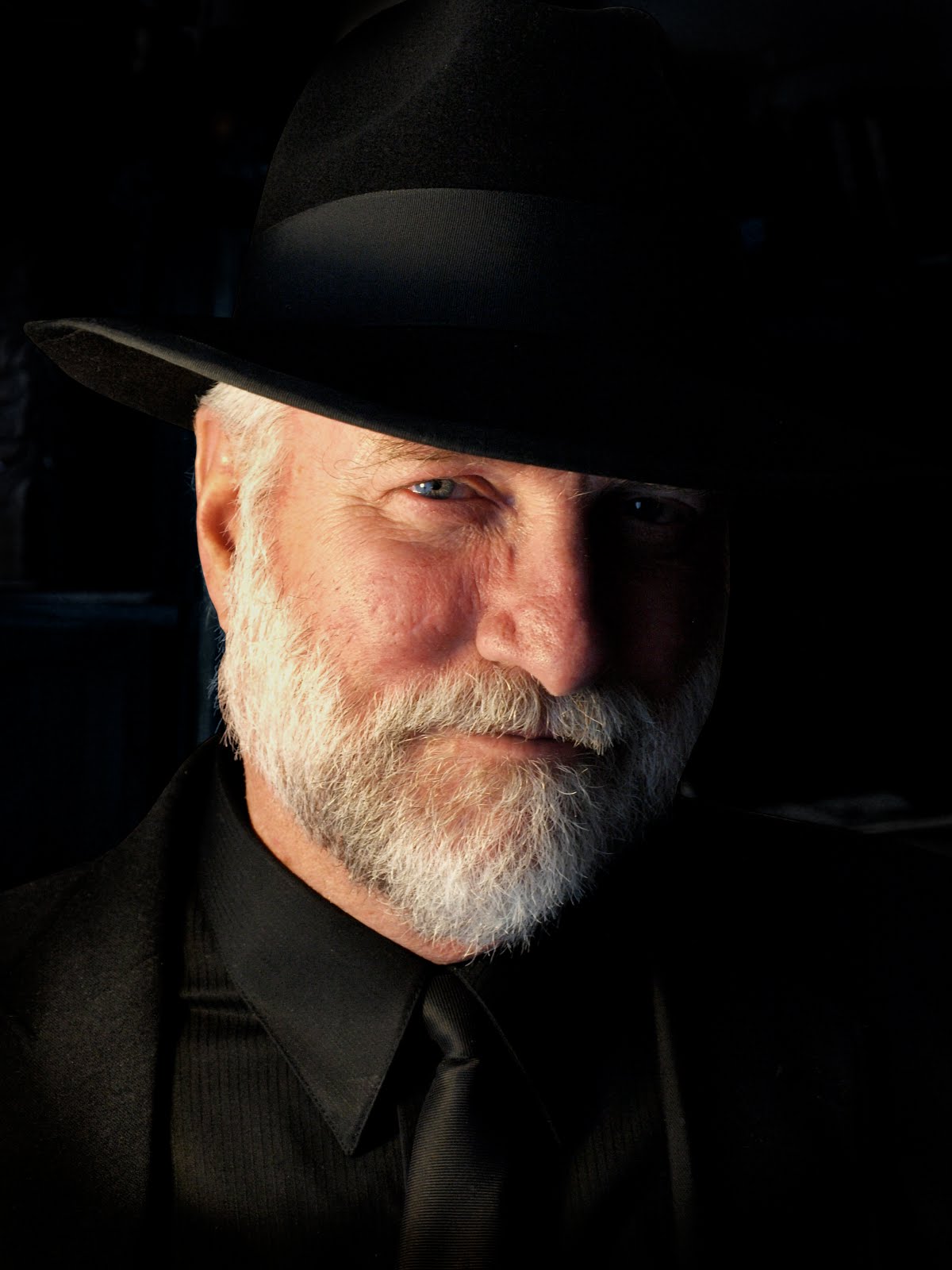When I hear some people say that that this is the worst economy since the Great Depression, I marvel at their ignorance. Of course, this is generally political speech. It is used on the left to give blame for the past administration, and to give cover to the present administration for its economic policy failures. This the same situation that prevailed 80 years ago and made a bad economy worse and which extended the recession, turned depression, to 13 long frustrating years. Like FDR before him, Obama is trying to manage a free economy by socialist principles and failing badly. We may soon see how badly when the federal spending and job-stifling high taxation shows the inevitable results.
My parents lived through the Great Depression, as did the parents of my friends around my age. My generation, because of the plenty we enjoyed, had a hard time appreciating what they experienced. My parents tried to describe it to me and my siblings: how they ate potatoes and beans for most every meal, along withe fish and game that the men brought home from hunting and fishing; and how my father might expect to get a new set of overhauls for a Christmas present. As I understand it, the motto of the time was, "Use it up, wear it out, Make do or Do without." The following pictures might help us "get the picture". We just need to imagine them in color.
My parents lived through the Great Depression, as did the parents of my friends around my age. My generation, because of the plenty we enjoyed, had a hard time appreciating what they experienced. My parents tried to describe it to me and my siblings: how they ate potatoes and beans for most every meal, along withe fish and game that the men brought home from hunting and fishing; and how my father might expect to get a new set of overhauls for a Christmas present. As I understand it, the motto of the time was, "Use it up, wear it out, Make do or Do without." The following pictures might help us "get the picture". We just need to imagine them in color.
In those years, people really wanted to work for what they might eat. My father worked as a teenager, along with his brothers and my grandfather, in the coal mines of northeastern Kansas to help provide for his family. He went to school during the the high school football season so he could play football, but then he would go back to the mines when the season was over. Because of this, he never completed his education beyond the 8th grade. After serving in the European theater of WWII, he came back to look for work where ever he could find it. He ended up as roofer, eventually working for himself and teaching his sons the roofing trade. He was the hardest worker I have ever known.
Those folks were a tough lot. They endured the Great Depression and the greatest world war yet seen on the earth. They survived what their government's economic policies inadvertently did to them because they had great work ethic, and they largely strived for success and self respect. And, further more, they had great faith in God. Do we have the same values and virtues today, which would carry us through similar circumstances? We may have to see what we are made of in the very near future, and seeing what I am seeing, I have some serious doubts about us. This time the pictures will be in color!






















